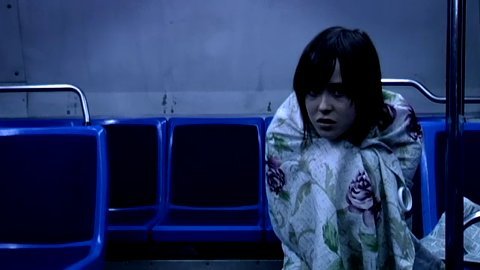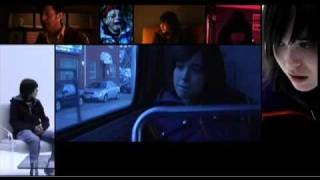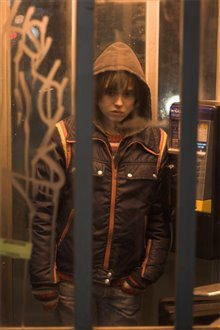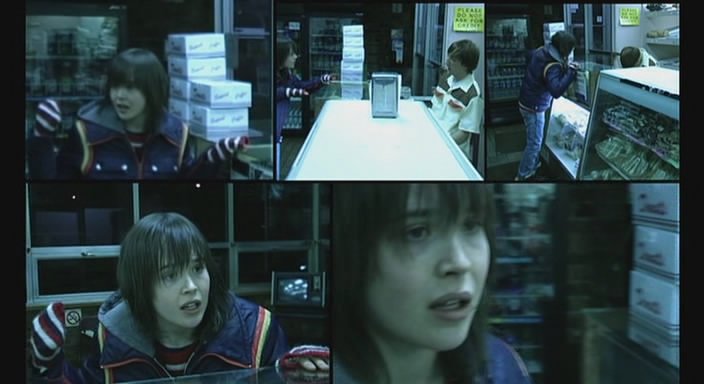THE TRACY FRAGMENTS
/2007
DIRECTOR: Bruce McDonald
Cinematographer: Steve Cosens
Writer:Maureen Medved, Maureen Medved (novel)
Budget: $750,000 CAD
Gross: $42,318 (worldwide)
This was a film I watched back over a decade ago and the only reason I watched it was because of the director. During a typical movie-channels roaming session I came across the film and while the title somewhat rang a bell, it was once I saw, “Directed By Bruce McDonald” that I knew this was going to be my evening viewing.
While the name probably doesn’t mean much to most film goers, Canadian director Bruce McDonald is the film-maker behind a good little film called Roadkill and the director of the 1996 film, Hard Core Logo - which, along with This Is Spinal Tap, is the best fake rockumentary I have ever seen... anyway, back to The Tracy Fragments...
This is a film that really needs to be seen to be fully appreciated, in that talking about it just doesn't do it justice. In its most basic, simplest form, The Tracy Fragments is about Tracy, played by Ellen Page - now Elliot Page (if you thought his great performance in Juno was a fluke, this will prove it wasn't), riding around on a city bus looking for her missing younger brother who she has hypnotized to think he’s a dog.
That’s where the film begins, but how did we get to that point? Why is she wearing a shower curtain on the bus? What is life like for her at school and at home? All those questions are answered as the film evolves and jumps back and forth bringing time lines together over the course of about 80 minutes.
Besides the non-linear storytelling, the editing and visual style of the movie is what stands out. The fragmented teenage world and mind of tracy is portrayed visually throughout the film by the constant changing grid/split-screen technique in which images and scenes shot from various angles all play out on the screen at the same time. If you’re familiar with the show 24 you can think of The Tracy Fragments as "24 on crack" - it isn't out of the ordinary in the film to have 6,7,8 or more grids on the screen at the same time or multiple picture-in-picture type visuals.
I’ll admit that for the first 5, maybe 10 minutes I wasn't sure about the film. The fractured timeline story telling seemed like it might never come together and I started to feel like maybe the constant fragmented screen was nothing more than an interesting exercise. But, it wasn't. The film worked beautifully and as moments came to pass that connected with things we had already seen, the story formed coherently and the Mondrian-like editing only added to the film and the storytelling.
I would recommend watching The Tracy Fragments on as big a screen as possible, because when the screen gets really fragmented the many images do get kinda small. However, even on a smaller screen, you’ll appreciate the film as a fascinating work of movie making as well as a film that stands as more then just that also.





